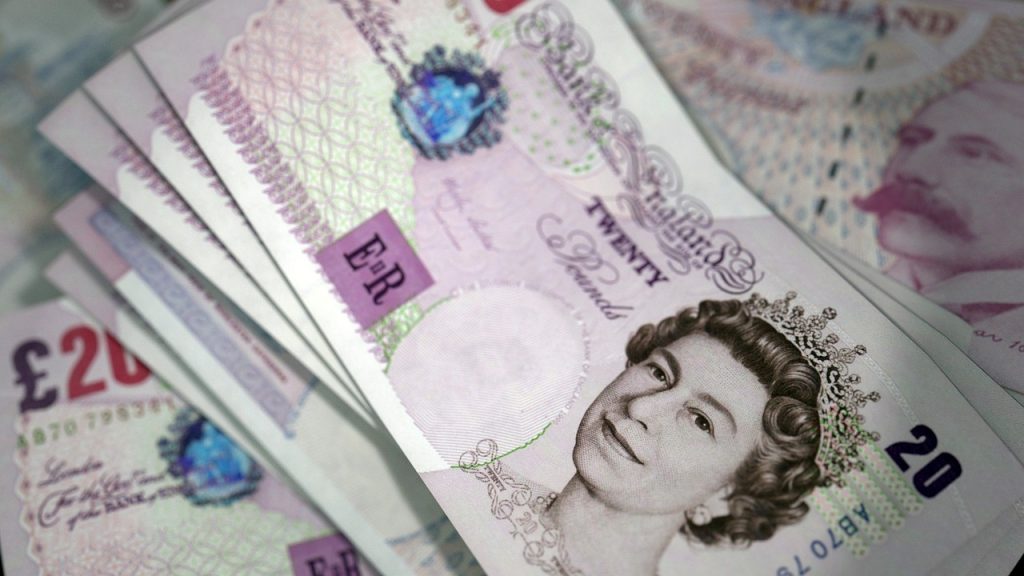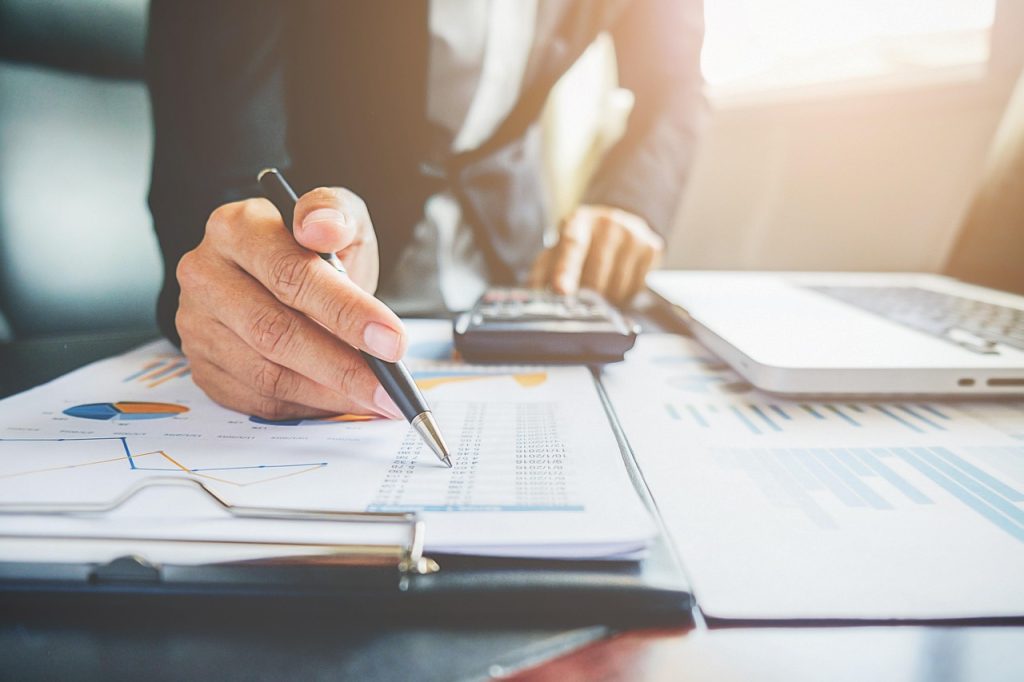Britons use eBay more than any other country, yet many still do not declare income to HMRC when they should be, with some genuinely unaware that they are required to do so.
Are you liable for tax on your eBay sales?
If you sell unwanted items that you had previously bought for private and personal use, then you shouldn’t have to pay tax on any profits. In some very rare occasions, you will have to pay capital gains tax on any profits that exceed £8,500 during the tax year.
From April 2017, in addition to selling ‘unwanted goods’ all sellers will be given a digital tax break of £1,000, as the government are looking to support ‘micro-entrepreneurs’. If you earn above £1,000 you will still be able to deduct the £1,000 from your earnings via a self-assessment tax return.
If you are not selling unwanted/second hand goods, then you are trading and at the moment you will have to pay tax. You cannot label the sale of the goods as your ‘hobby’ to avoid paying tax i.e. you are making money from buying and selling on stamps. Therefore, if you are buying/manufacturing items to sell onto eBay then you should be paying tax.
How much tax do I pay?
If you are using your entire personal allowance of £11,000 (2016/17 tax year) and believe that the income you are receiving represents a business, then you must register yourself as self-employed. If you are already self-employed then you won’t need to do this. You would then have to treat your eBay trades as a business and complete accounts, deducting allowable expenses such as cost of goods sold, eBay charges and computer expenses.
If you are self-employed you will need to pay class 2 national insurance, although this will be abolished from 2018. Currently this will set you back £2.80 per week if you are earning over £5,965. If you are earning over £8,060 you will need to pay class 4 national insurance at 8% and if you are earning over £43,000 a further 2%.
You will also have to pay the usual tax rates on any earnings, which for this tax year (2016/17) are:
Basic rate: £0-£43,000 at 20%
Higher rate: £0-£150,000 at 40%
Additional rate: £150,000+ at 45%
Therefore, if you are currently self-employed or have other income where you are near the upper limit of your tax band, you should be cautious as to whether your eBay sales are worth potentially pushing you to a higher tax band.
HMRC are upgrading their IT systems in order to crack down on eBay, PayPal, app stores, holiday comparison sites and many other online retailers who aren’t paying tax. If you are selling items through eBay to make a little extra income away from your full time job, then we suggest that you seek advice on whether you should be paying any tax on them. E R Grove & Co are more than happy to answer any enquiries that you have on tax and online trading.




